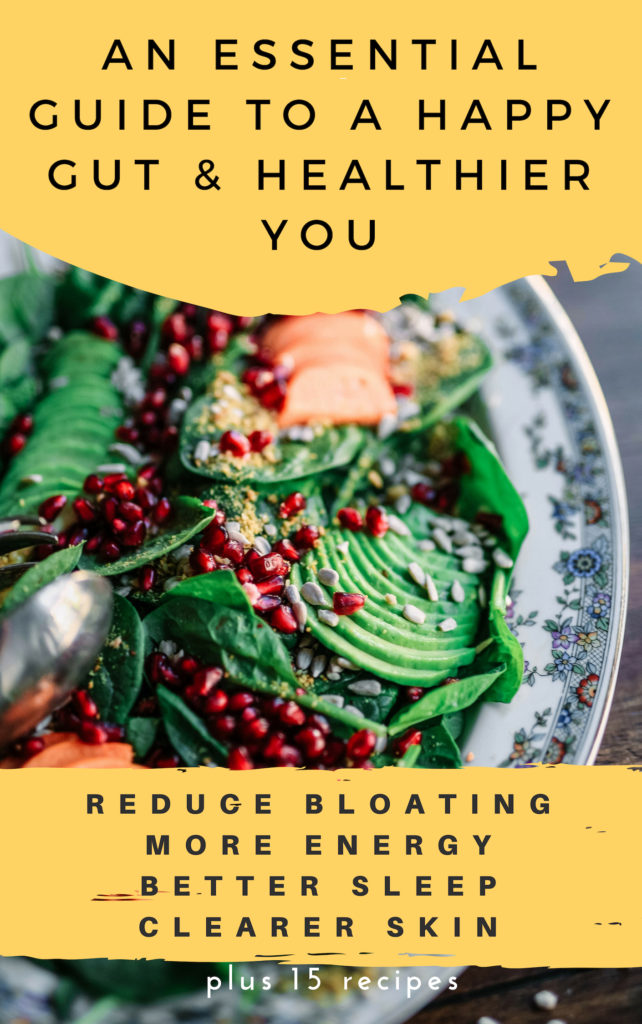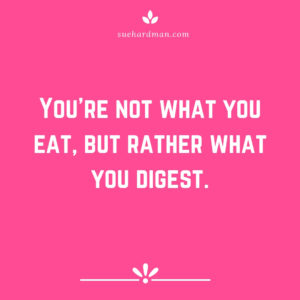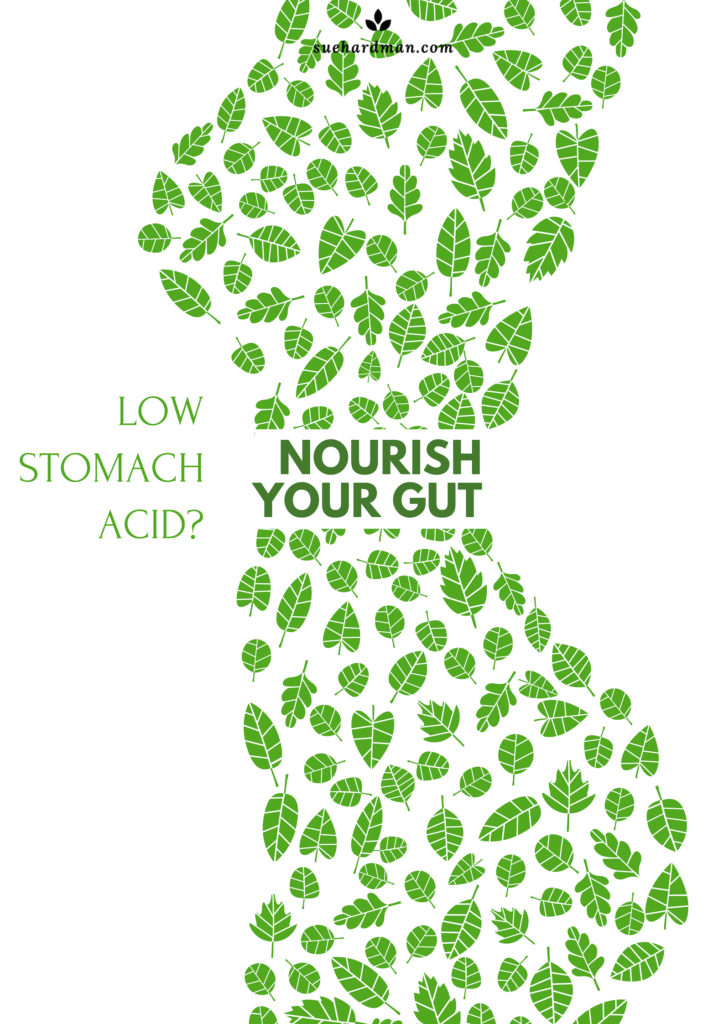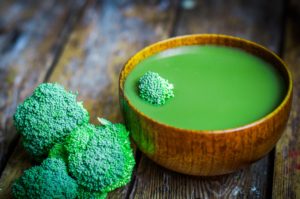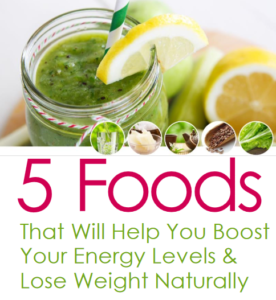What is belly fat?
The stomach muscle covers the midsection of your body, and connect to your pelvis. If you’ve a pad of excess fat covering the muscle, it is known as belly fat, and it’s called visceral fat.
Visceral fat, or belly fat, extends deep into your abdomen, and is close to your internal organs, such as the heart, stomach and liver.
Visceral fat is different to the subcutaneous fat which lies just under the skin, and is far more dangerous. It is made up large fat cells which can grow pack into the spaces between the organs, and results in a negative effect on how they function. This can have a serious effect on your health.
It’s not only fat people who have belly fat, there are factors which show that thin people get it as well i.e. ‘Skinny Fat’.
Essentially though, you need some belly fat to cushion your organs in case of a bump or fall. It’s only when it is alarmingly expanded that you need to take action!
What causes belly fat?
There are many causes of belly fat, most of them directly related to your diet and lifestyle. Here are some of the reasons for the increase in belly fat:
- Excessive intake of sugary and refined foods such as cakes, candies, sweets, rolls and cookies.
- Nutrient-poor processed foods and carbohydrates which are not able to be processed by the liver, and end up being stored as fat.
- Heavy alcohol consumption is linked to excess belly fat.
- Inactivity and a sedentary lifestyle plays a huge part in obesity, including the dangerous belly fat.
Embracing a healthy eating plan can help prevent belly fat from developing, and fat burning foods like nuts, eggs, lean meat, peppers, leafy greens will help.
How hormones are linked to belly fat.
If you have extra belly fat it can indicate that you have an imbalance in the following hormones:
- Cortisol - is a hormone which is essential to survival. It is produced in the adrenal glands and dictates how energy is used, control of blood pressure, and promotes the metabolism of carbohydrates and fats. It also helps your body mount a response to stressful situations.Undue stress results in an over-production in response to the stress, which leads to cravings for sugary, fatty comfort foods. This extra food is stored as fat, especially round your abdomen.
- Oestrogen. Too much oestrogen is a major cause of belly fat, and studies have shown that it affects both men and women. Excess abdominal fat in men increases the conversion of testosterone to oestrogen, and as the oestrogen levels rise, the belly fat increases.This gives rise to a vicious circle as testosterone levels drop lower than normal, leading to increased stress, increased cortisol production, more cravings and more belly fat.
The dangers of belly fat.
Researchers at the American Diabetes Association revealed that visceral fat is just not there in an inactive state. It in fact produces toxins, among which are chemicals called cytokines, which increase your risk of heart disease. The cytokines also make the system less sensitive to insulin, which could lead to the development of diabetes.
Studies at the Massachusetts General Hospital reported that visceral, or belly fat, is one of five components of a metabolic syndrome which increases the risk of the following conditions:
- Stroke and heart disease.
- Brain problems such as depression and dementia.
- High blood pressure and possible hardening of the arteries.
- Promotes the development of triglycerides and LDL (bad) cholesterol in the blood.
- Leads to poor blood sugar control which can lead to diabetes.
- Causes inflammation in the body which increases the chances of falling prey to diseases.
- The inflammation may also aggravate arthritis, and lead to other bone problems.
Some ways to help combat belly fat.
- Get your stress levels as low as possible. Stress may lead to a spike in blood sugar, which promotes insulin resistance.
- Get more exercise. Exercise is crucial to help combat belly fat, so commit to regular exercise to reduce the size of your midriff.
- Cut out refined, acidic foods. The extra acid in your system which cannot be metabolised, will be deposited in your fat cells.
- Cut down eating saturated fats which are found in fatty red meats, bacon sausages, processed meats, and cheeses. Opt for lean cuts of meat, skinless chicken, and fish such as salmon, trout, tuna and hake which are rich in omega 3.
- Eat some good fats, because research has shown that not all fats are bad, and by adding some good fats to your diet, helps the body burn bad fat. Some foods containing healthy fats include avocado, olives, walnuts, and fatty fish.
- Drink less alcohol which is high in calories and sugar, and leads to fat gain, often apparent in the middle and waist area.
Banishing belly fat will be good for many things.

Excessive, unsightly belly fat may also have a detrimental effect on your self-confidence, and as well as your self-esteem. Looking good again, can help rebuild positive feelings about yourself.
But the most important benefit will be the restoration of good health, and a major improvement in your general feeling of well-being.
Nip increasing belly fat in the bud by dealing with stress to prevent the super-production of the stress hormone, cortisol which is the major culprit in the development of belly fat.
By getting your stress under control you can start to reduce your extra weight gain.
References : Harvard Medical School – Massachusetts General Hospital.
www.webmd.com/diet/features/the-truth-about-belly-fat
www.dailyburn.com/life/health/how-to-lose-bellyfat
www.doctoroz.com/article/reset-your-hormones-beat-belly-fat
The Essential Guide – 3 Steps To Endless Energy
Want To Take Your Energy to the Next Level?
If you’re ready to love the skin you’re in and feel better than you have in years, it’s time to try the system I use for myself and countless clients, I know it will also work for you.
Click on the Button to get your Guide – “3 Steps To Endless Energy”
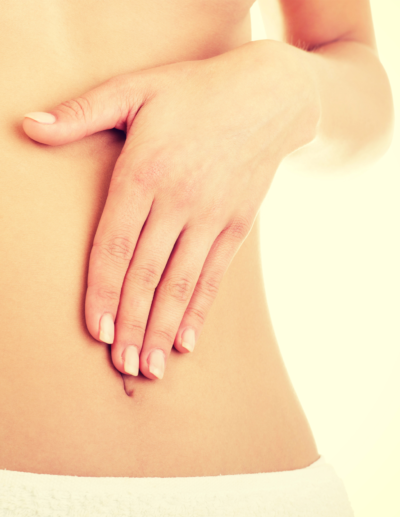
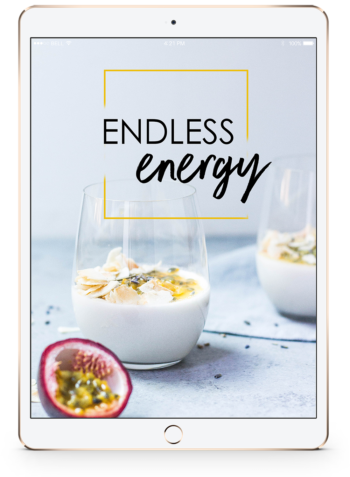
 hormones (chemical messengers) to manage this – mainly T4 and T3.
hormones (chemical messengers) to manage this – mainly T4 and T3.